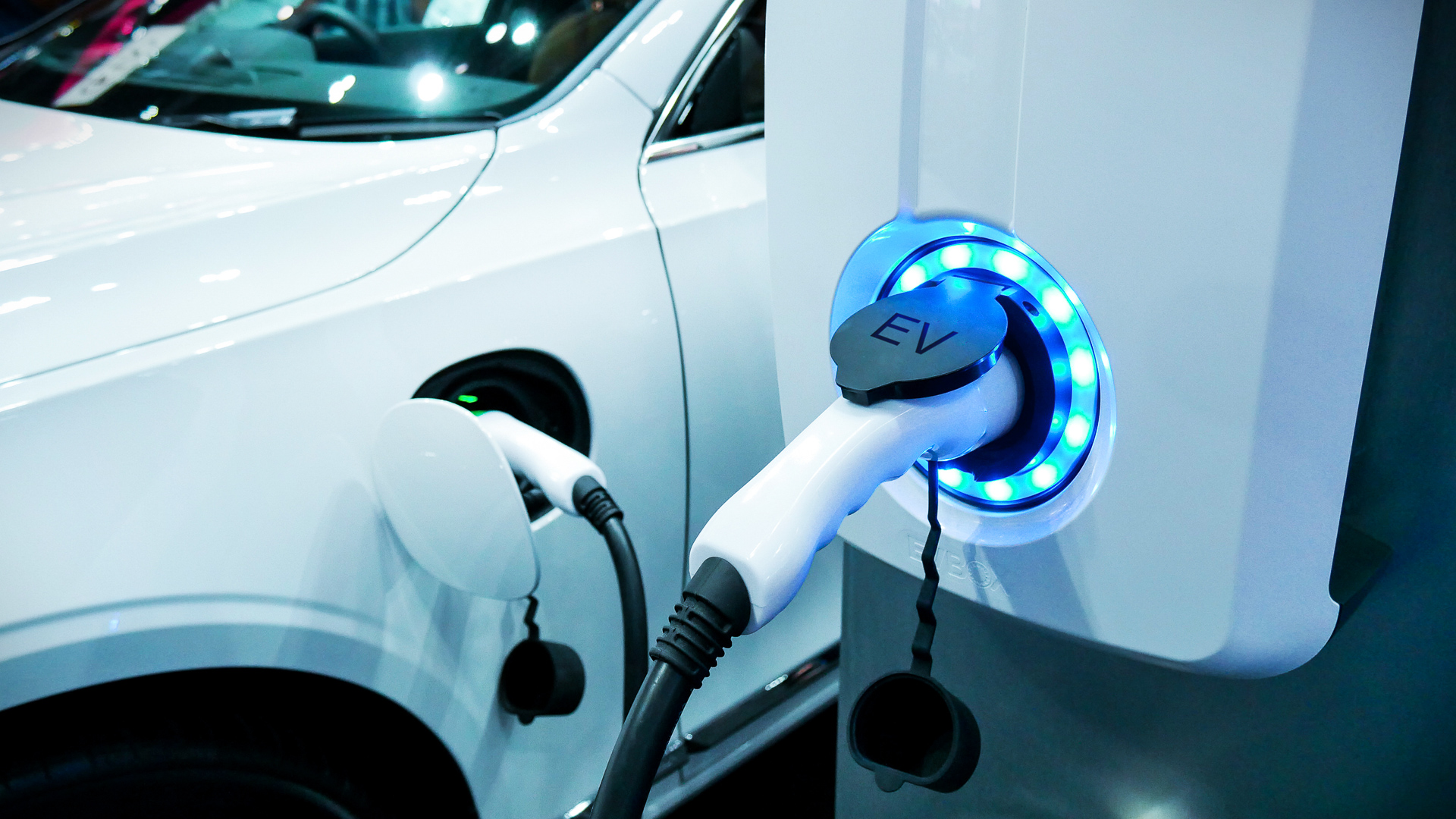
One of the most consequential legislative acts of President Donald Trump’s second administration thus far has been his July 4 signing of the “One Big Beautiful Bill” Act (OBBBA) into law. The OBBBA will set the spending policies and tax agenda for the remainder of Trump’s second term, permanently extending many of the tax rates of Trump’s 2017 tax bill, as well as making numerous cuts to spending elsewhere.
Learn More: 7 Reasons You Should Switch To an Electric Vehicle in Retirement
Read Next: 10 Cars That Outlast the Average Vehicle
Perhaps the most controversial spending cut in the OBBBA is the 12% decrease in Medicaid spending; however, overshadowed by that contentious elimination is the fact that the OBBBA will eliminate the electric vehicle (EV) tax credit by the end of September 2025.
What Is the EV Tax Credit?
The EV tax credit was part of the Inflation Reduction Act (IRA) of 2022. The IRA was meant to incentivize buyers to purchase environmentally-friendly EVs by providing them with a $7,500 tax credit when purchasing a qualifying new EV. The OBBBA will bring an end to that credit.
It now appears, though, that the OBBBA contains a loophole that allows EV buyers to claim an EV tax credit beyond the September 30 deadline set by the bill.
Trending Now: Auto Experts Say Stop Buying These 4 Hybrid Cars Immediately
How To Keep the EV Tax Credit Beyond September
As reported by Yahoo Finance, auto manufacturers interpreted the wording of the OBBBA was such that the contract to purchase of an EV must be signed — and the EV must be delivered — all by September 30 in order for the tax credit to be claimed buy the purchaser. However, the IRS (and its interpretation of the new law) has created something of a loophole within the OBBBA’s wording to extend that deadline for EV buyers.
The IRS has specified that “if a taxpayer acquires a vehicle by having a written binding contract in place and a payment made on or before September 30, 2025, then the taxpayer will be entitled to claim the credit when they place the vehicle in service (namely, when they take possession of the vehicle), even if the vehicle is placed in service after September 30, 2025.”
What’s that mean without the legalese? Essentially, as long as an EV buyer has signed a purchase contract and either paid a deposit or the full purchase amount by or before September 30, that buyer is entitled to the EV tax credit, even if the vehicle isn’t in their possession by that date.
While the deadline still remains, this loophole does allow purchasers a slight amount of wiggle room. As long as you’re willing to sign on the dotted line (and pay a deposit) prior to September 30, the $7,500 EV tax credit is still available to you if you act fast.
More From GOBankingRates
- 5 Old Navy Items Retirees Need To Buy Ahead of Fall
- I Paid Off $40,000 in 7 Months Doing These 5 Things
- 5 Cities You Need To Consider If You're Retiring in 2025
- Here's the Minimum Salary Required To Be Considered Upper Class in 2025
This article originally appeared on GOBankingRates.com: Last Chance for $7,500 EV Tax Credit: Loophole Sidesteps OBBBA Deadline







